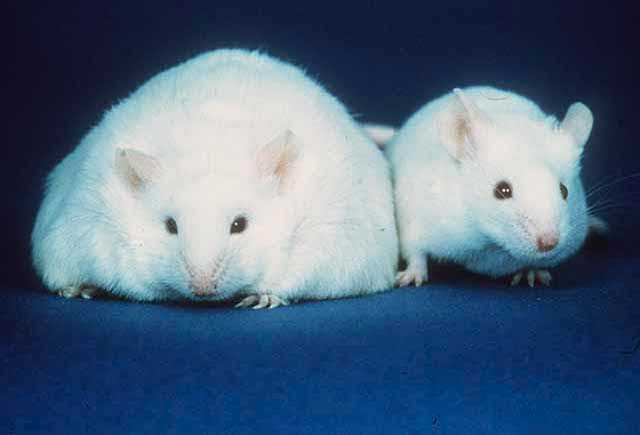Scientists have found that a combination of two appetite-controlling hormones can provoke significant weight loss in obese animals, suggesting that the same ought to work for fat humans.
 In the early 1990s scientists uncovered a hormone secreted by fat cells, which they called leptin from the Greek word leptos meaning thin. Animals lacking the hormone gained enormous amounts of weight, but injecting it back into them translated into impressive weight loss. But results in humans were disappointing, suggesting that the scientists were missing something, possibly because the obese-body becomes deaf to the appetite-suppressing effects of leptin.
In the early 1990s scientists uncovered a hormone secreted by fat cells, which they called leptin from the Greek word leptos meaning thin. Animals lacking the hormone gained enormous amounts of weight, but injecting it back into them translated into impressive weight loss. But results in humans were disappointing, suggesting that the scientists were missing something, possibly because the obese-body becomes deaf to the appetite-suppressing effects of leptin.
Now it looks like leptin has a partner in crime in the form of a pancreatic hormone called amylin, which if injected alongside leptin can allow over-eaters to return to sveltedom. Writing in this week's PNAS, Jonathan Roth and his colleagues at Amylin Pharmaceuticals injected obese rodents with a combination of leptin and an artificial analogue of amylin. The overweight animals shed nearly 13% of their body weight, and the appetite-controlling regions of their brains also began to show a normal response to leptin again.
This, say the researchers, could be a powerful strategy to help overwight humans. Moreover, it provides interesting insights into how the hormonal orchestra plays out appetite and weight control.










Comments
Add a comment